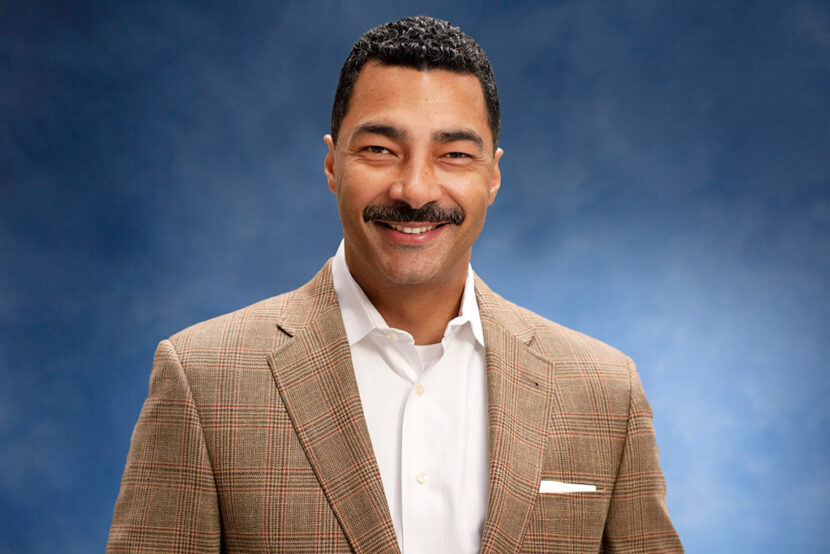DALLAS — United Airlines named an acting CEO on Monday night to replace its chief executive who suffered a heart attack about a month into the job.
The company said that general counsel Brett J. Hart had taken over for Oscar Munoz, who went on medical leave.
United confirmed that Munoz suffered a heart attack Thursday. The company said it was too soon to know how long he would need to recover.
Munoz, 56, became CEO in early September after Jeff Smisek abruptly stepped down amid a federal investigation.
The announcement of an acting CEO came after four days of speculation about leadership at the world’s second-largest airline. Until Monday night, the company had refused meaningful comment on the situation, issuing two brief statements that said Munoz was in the hospital but giving no details about his condition or who was running the airline. United cited privacy concerns for Munoz and his family.
The United Continental Holdings Inc. board turned to an insider as acting CEO. Hart, currently an executive vice-president, joined United in 2010 after holding a similar position at Sara Lee. He previously was a law firm partner and a lawyer for the U.S. Treasury Department.
In a statement, Hart, 46, said he would move quickly to act on Munoz’s plan to improve customer service and increase shareholder value.
Publicly traded companies must disclose when there is a change in CEOs, but there is no legal requirement to swiftly disclose a health setback or hospitalization of a top executive. It is up to the board to decide whether the information is material — whether investors would consider it important.
Companies have tilted toward more disclosure ever since Apple Inc. was criticized for failing to give shareholders a complete picture about the health of CEO Steve Jobs, who died of pancreatic cancer in 2011. Last month, Goldman Sachs CEOLloyd Blankfein disclosed he had lymphoma, and last year JPMorgan Chase CEO Jamie Dimon revealed that he had been diagnosed with throat cancer.
United’s stance had drawn criticism. Vicki Bryan, an analyst for bond-research firm Gimme Credit, said earlier Monday that United’s previous statement about Munoz’s health was surprisingly sparse and raised more concerns than it answered. She said that United needed to be more open,”particularly in light of United’s substantial management upheaval in recent months.”
Jill Fisch, a law professor and corporate-governance expert at the University of Pennsylvania, said boards are wary of making a statement about the CEO’s health that might turn out to be too optimistic or too pessimistic — either could get them sued, she said. She added that doctors operate under their own confidentiality rules and might not have shared much information with United.
United had said that operations were continuing normally in Munoz’s absence. United and United Express operate nearly 5,000 flights a day.
The Chicago company is scheduled to report third-quarter financial results Thursday. United has posted strong profits recently, earning $1.7 billion in the first half of 2015.
United has been plagued by technology challenges since its 2010 merger with Continental. More recently, federal prosecutors began investigating whether under Smisek the airline gave preferential treatment to a former chairman of the agency that operates the New York-area airports. The company cited the probe in announcing on Sept. 8 that Smisek and two top government-affairs executives had left the company.
United shares fell 3 per cent on Friday but regained some of that Monday, when they rose 78 cents, or 1.4 per cent, to close at $56.75.
